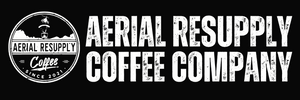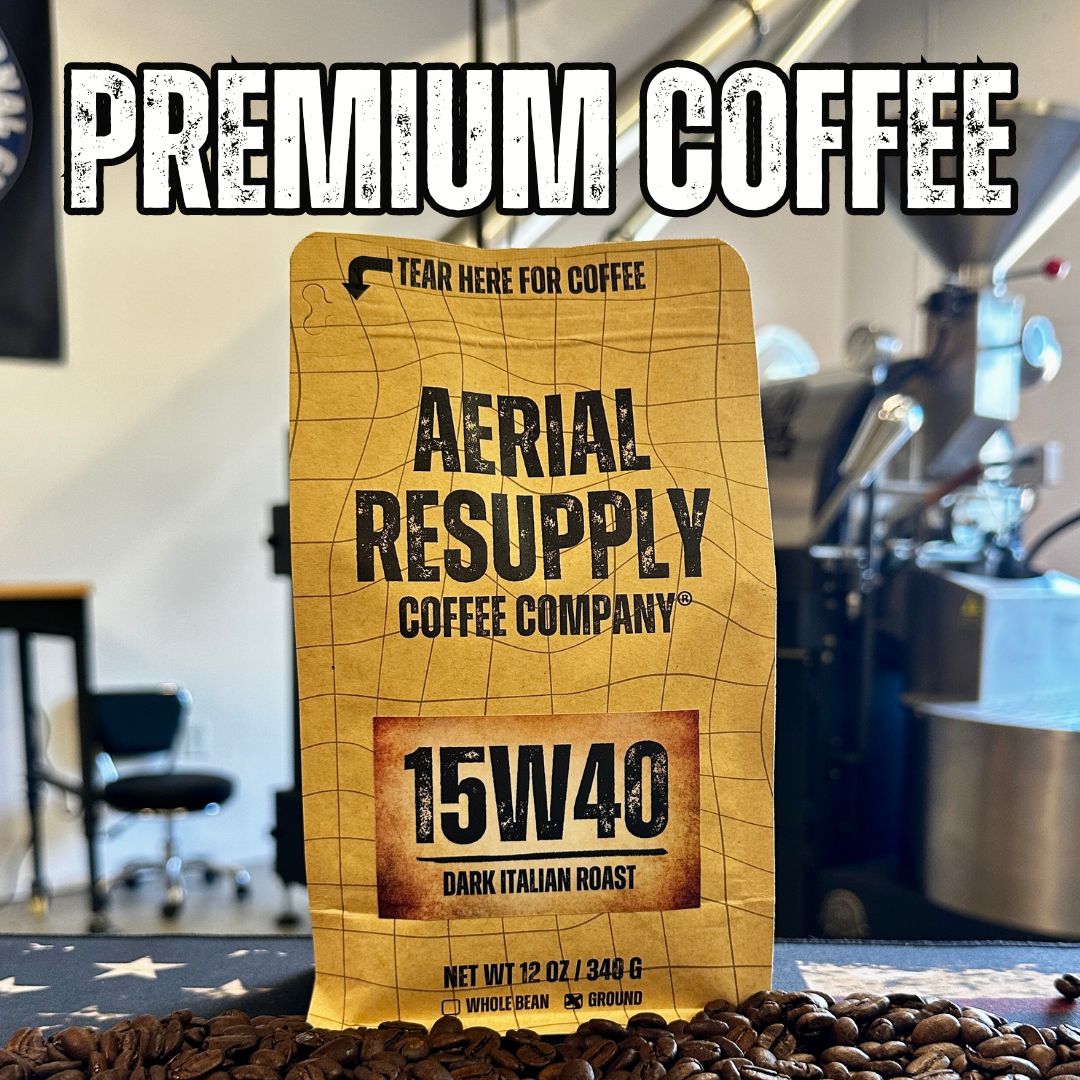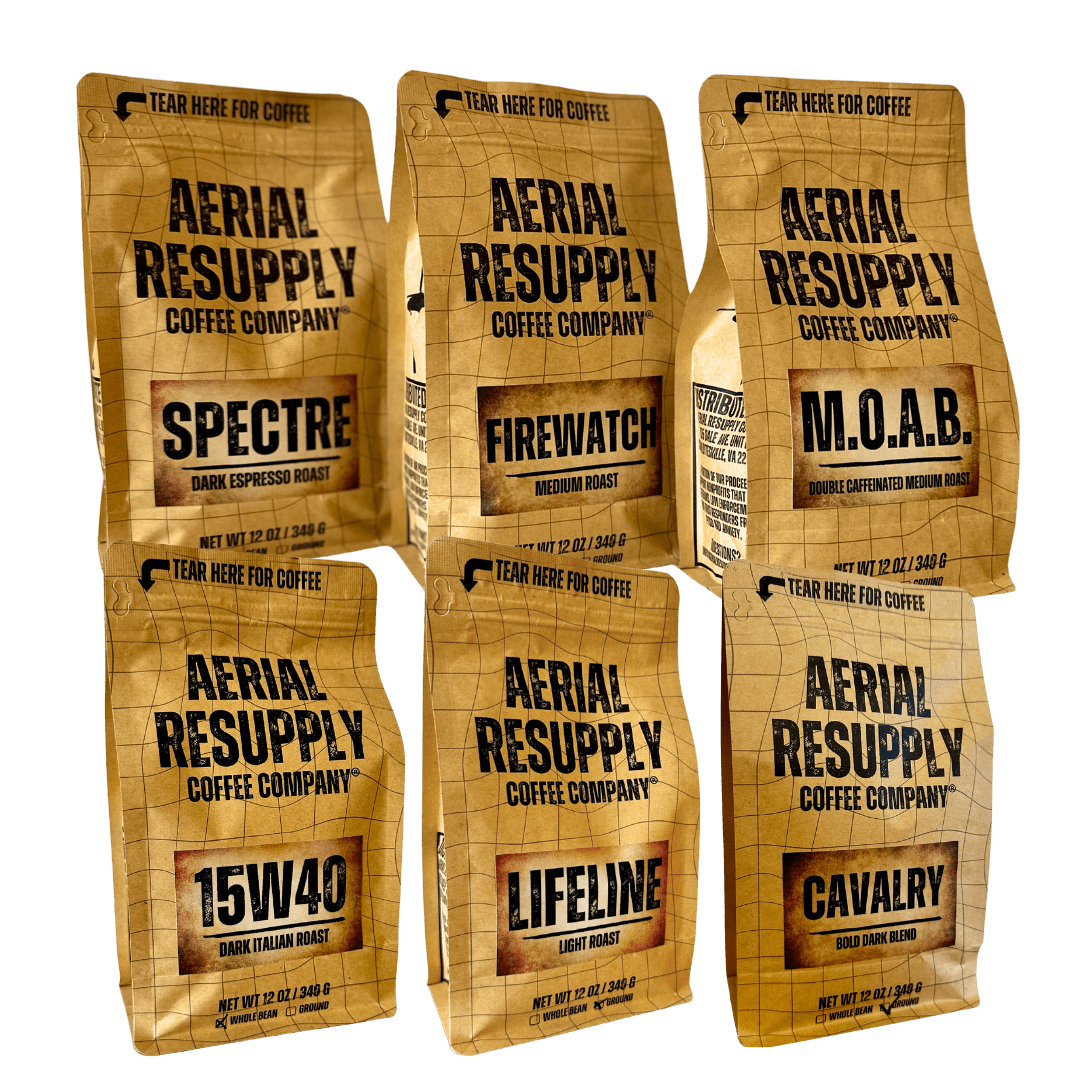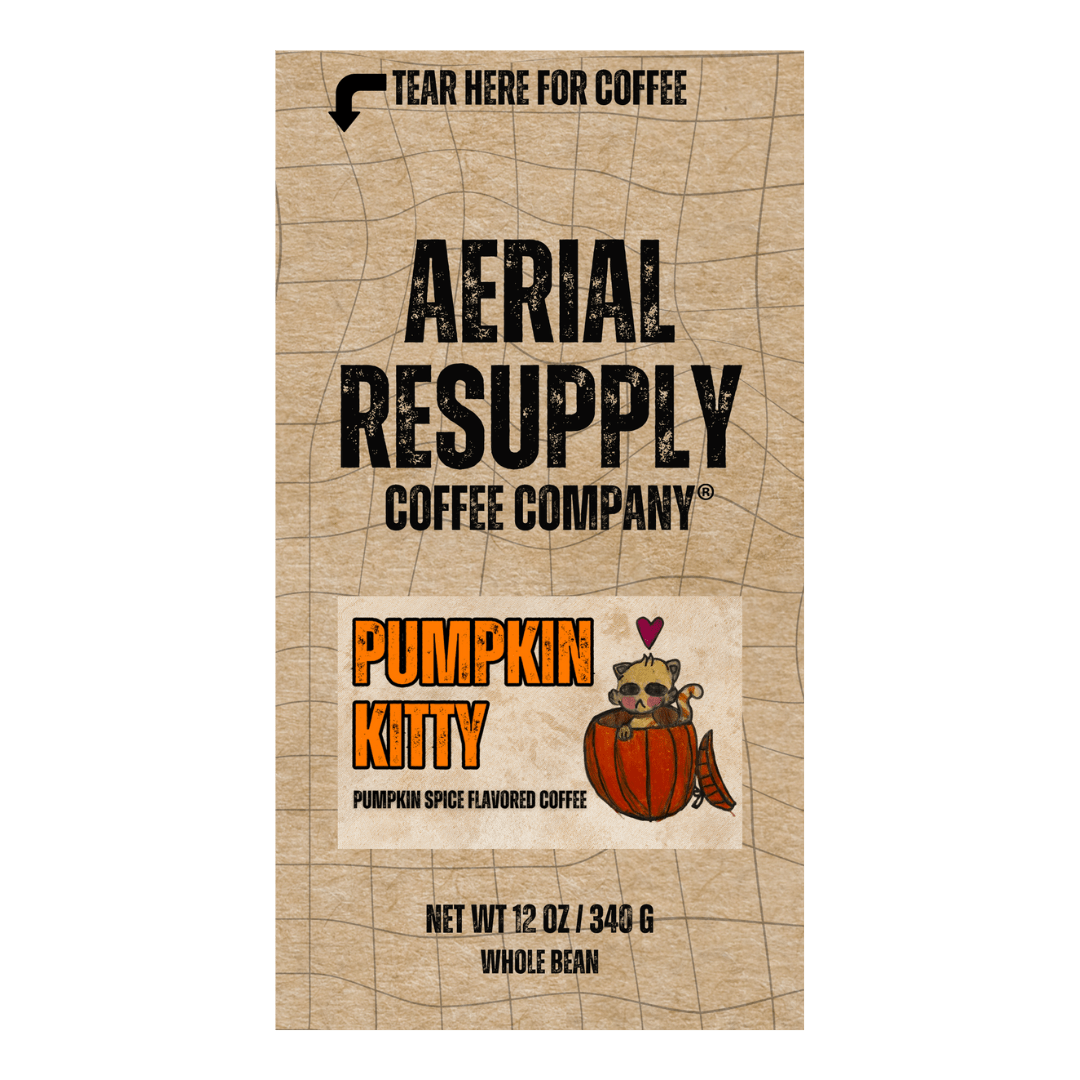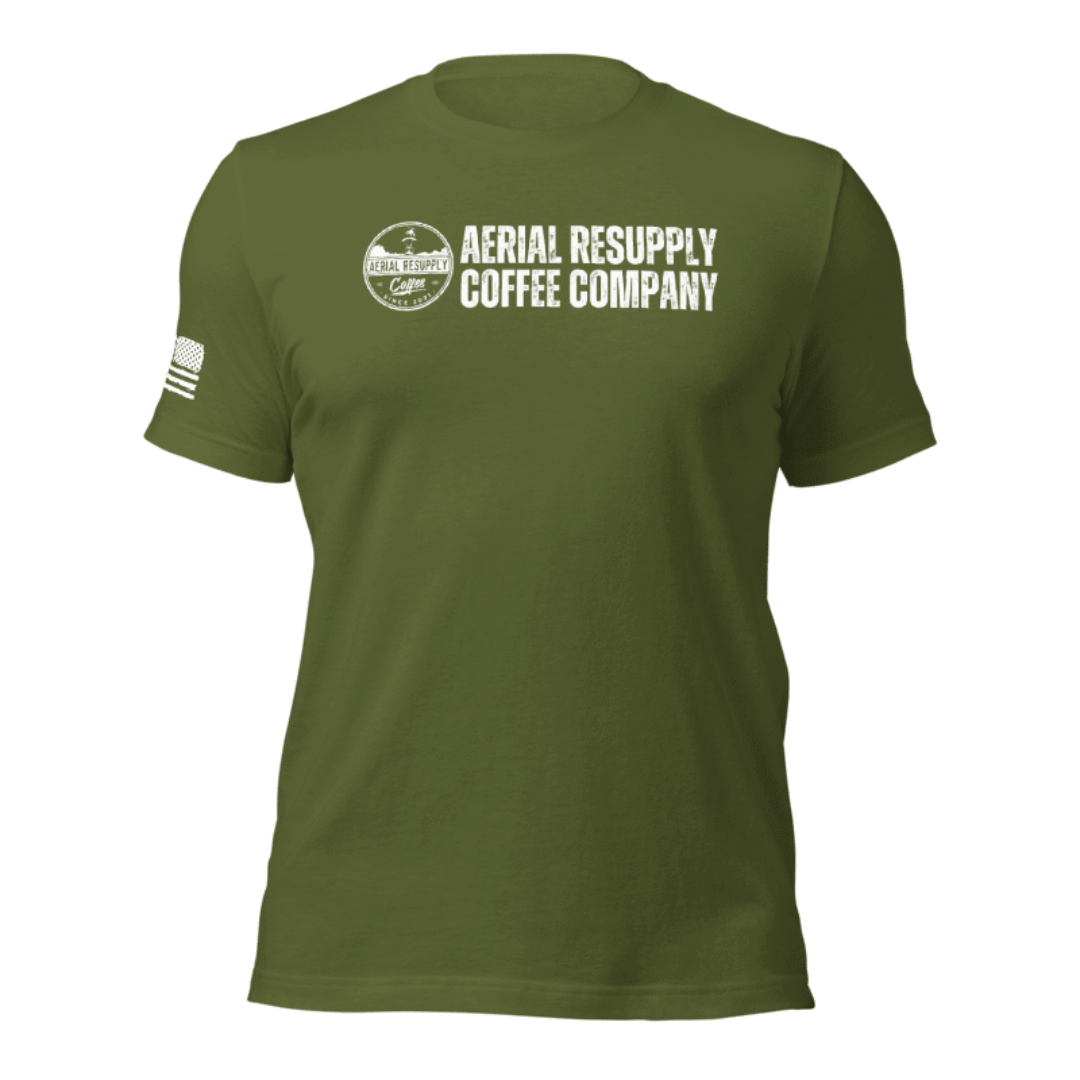The Ultimate Guide to Military Coffee: What Sets It Apart?
The History and Tradition of Military Coffee
Coffee’s Role in Military History
Coffee has been a vital part of military history since the American Revolution. According to legend, the Boston Tea Party of 1773 was not only a protest against British taxation, but also a rejection of tea as the drink of the enemy. Instead, Americans embraced coffee as a symbol of independence and patriotism. Coffee soon became a staple for soldiers on both sides of the war, who relied on its stimulating effects to stay alert and energized during long marches and battles.
Coffee’s importance continued throughout the Civil War, when it was one of the few comforts and luxuries that soldiers could enjoy in the field. Coffee beans were issued as part of the standard rations for both Union and Confederate troops, who often roasted and ground them themselves over campfires. Coffee was also used as a currency and a bargaining chip, as soldiers traded it with each other or with civilians for other goods and services. Some historians even argue that coffee gave the Union army an edge over the Confederates, who suffered from chronic shortages and inferior substitutes.
Coffee also played a significant role in both World Wars, as it helped boost morale and combat fatigue among the Allied forces. During World War I, American soldiers introduced coffee to their European allies, who were more accustomed to drinking tea or wine. Coffee became so popular that it was nicknamed “a cup of George” after President Woodrow Wilson, who sent millions of pounds of coffee beans to the troops overseas. During World War II, coffee was again a vital part of the military rations, along with cigarettes and chocolate. Coffee was also used as a propaganda tool, as posters and slogans encouraged Americans to drink more coffee to support the war effort.
Coffee as a Symbol of Camaraderie
Beyond its practical benefits, coffee also has a social and cultural significance for military personnel. Coffee fosters a sense of camaraderie and community among soldiers, who share it with each other during breaks, meals, or briefings. Coffee also serves as a bridge between soldiers and civilians, as they bond over a common beverage and exchange stories and experiences. Coffee can also be a gesture of gratitude and respect, as soldiers offer it to their superiors, subordinates, or allies.
There are many anecdotes and stories that illustrate the social importance of military coffee breaks. For example, during the Battle of Antietam in 1862, a young William McKinley braved enemy fire to deliver hot coffee to his fellow Union soldiers on the front lines. His act of courage and kindness earned him the admiration of his comrades and later helped him launch his political career. Another example is from the Vietnam War, when a group of American soldiers befriended a Vietnamese family who ran a coffee shop near their base. The soldiers would visit the shop regularly to enjoy the strong and sweet Vietnamese coffee and chat with the family. The coffee shop became a refuge from the horrors of war and a source of friendship and cultural exchange.

What Makes Military Coffee Unique
The Rigors of Field Brewing
One of the challenges of making coffee in military field conditions is finding or creating a suitable heat source. Soldiers have used various methods to boil water for their coffee, such as campfires, stoves, heaters, engines, or even explosives. Sometimes, they have to improvise with whatever materials they can find, such as tin cans, helmets, or canteens.
Another challenge is finding or creating a suitable filter or brewer for their coffee grounds. Soldiers have used various devices to brew their coffee, such as percolators, French presses, drip cones, or espresso machines. Sometimes, they have to improvise with whatever items they can find, such as socks, handkerchiefs, or paper towels.
The result is often a strong and bitter brew that may not appeal to civilian palates. However, for many soldiers, it is not so much about the taste as it is about the ritual and the effect. As one Vietnam veteran put it: “We didn’t care what it tasted like. Just so long as it was hot and kept us awake.”
Rations and Instant Coffee
Another way that soldiers make coffee in the field is by using rations or instant coffee packets that are provided by the military or donated by civilians. These options are convenient and easy to use, as they only require adding hot water to produce a cup of coffee. However, they may not offer the same quality or flavor as freshly brewed coffee.
The use of coffee rations dates back to the Civil War, when soldiers received roasted and ground coffee beans as part of their standard rations. However, these beans were often stale, moldy, or adulterated with other substances. The use of instant coffee packets dates back to World War II, when the military developed a new process to produce soluble coffee powder that could be easily transported and stored. However, these packets were often bland, acidic, or bitter.
Over the years, the military has made efforts to improve the quality and variety of coffee rations and instant coffee packets. For example, during the Korean War, the military introduced freeze-dried coffee, which preserved more of the flavor and aroma of the original beans. During the Vietnam War, the military introduced flavored coffee packets, such as mocha or cappuccino, to cater to the preferences of the younger generation. During the Iraq and Afghanistan wars, the military introduced single-serve coffee pods, which allowed soldiers to brew individual cups of coffee with different roasts and blends.

Quality and Taste in Military Coffee
The Quest for Good Coffee
Despite the challenges and limitations of making coffee in military field conditions, many soldiers still seek out and appreciate good quality and taste in their coffee. For some soldiers, good coffee is a luxury and a reward that they look forward to after a hard day’s work. For others, good coffee is a necessity and a right that they demand and deserve.
There are several ways that soldiers can access good quality and taste in their coffee. One way is by sourcing their own coffee beans or grounds from local markets or vendors in the countries where they are deployed. This way, they can enjoy the freshness and diversity of the local coffee culture and support the local economy. Another way is by receiving their own coffee beans or grounds from their families or friends back home. This way, they can enjoy the familiarity and comfort of their favorite coffee brands and blends and feel connected to their loved ones.
Some soldiers also go the extra mile to improve the quality and taste of their coffee by using their own tools and equipment to brew their coffee. For example, some soldiers bring their own grinders, filters, or brewers with them on their deployments or purchase them online or from local shops. Others create their own makeshift tools and equipment from whatever materials they can find or scavenge. Some soldiers even experiment with different methods and recipes to brew their coffee, such as cold brew, bulletproof coffee, or Turkish coffee.
Nostalgia and the Taste of Home
Another aspect of quality and taste in military coffee is nostalgia and the taste of home. For many soldiers, especially those who are deployed for long periods of time or in remote or hostile locations, coffee can evoke nostalgia for their home country, culture, or family. Coffee can also provide a taste of home that can comfort them and remind them of what they are fighting for.
There are many stories that illustrate how the taste of military coffee can evoke nostalgia for soldiers. For example, during World War II, a group of American pilots stationed in England would fly over France every morning to drop supplies to the French Resistance. On their way back, they would stop at a small French village where a local woman would serve them hot coffee and fresh bread. The pilots cherished this ritual as it reminded them of home and gave them hope for victory.
Another example is from the Iraq War, when a group of American soldiers stationed in Baghdad would visit a local Iraqi man who ran a small coffee shop near their base. The man would serve them strong Arabic coffee with cardamom and sugar. The soldiers enjoyed this ritual as it helped them bond with the local people and learn about their culture.
Modern Innovations in Military Coffee
Advancements in Portable Coffee Brewing
One of the trends in military coffee is advancements in portable coffee brewing tools and equipment that allow soldiers to brew fresh and quality coffee on the go. These tools and equipment are designed to be compact, lightweight, durable, and easy to use in various field conditions.
Some examples of these tools and equipment are:
- AeroPress Go: A portable version of the popular AeroPress device that uses air pressure to brew smooth and rich coffee in minutes.
- Cafflano Klassic: An all-in-one device that combines a grinder, filter, dripper, and tumbler to brew fresh pour-over coffee anywhere.
- Wacaco Minipresso: A handheld device that uses manual pressure to brew authentic espresso shots with crema.
- Delter Coffee Press: A device that uses a jet-seal mechanism to control water flow and pressure to brew balanced and clean coffee.
- JoGo CoffeeStraw: A reusable straw that filters ground coffee as you sip hot water through it.
These tools and equipment offer soldiers more options and flexibility to brew their own coffee according to their preferences and needs.
Conclusion
Military coffee is not just a beverage, but a culture, a tradition, and a way of life. Military coffee sets itself apart from civilian coffee in many ways, such as its history, its social significance, its field brewing methods, its rations and instant options, its quality and taste preferences, and its modern innovations.
Military coffee reflects the values, challenges, and achievements of our men and women in uniform. It also connects them to their home country, culture, and family. Military coffee is something that we should all appreciate and respect.
If you want to learn more about military coffee or try some of the best roasts available, I recommend you check out Aerial Resupply Coffee’s premium offerings like the Coffee Sampler, which includes four different roasts from light to dark. You’ll be amazed by the flavor and aroma of these specialty coffees.
Thank you for reading this article and I hope you enjoyed it. If you did, please share it with your friends and family who love coffee as much as you do. And don’t forget to thank a soldier for their service and sacrifice. They deserve it.

